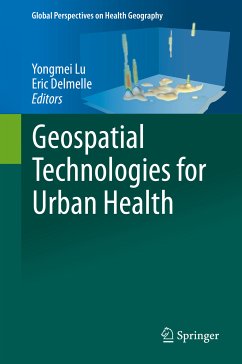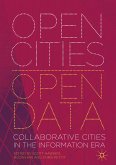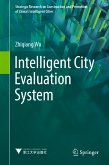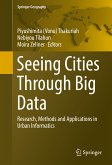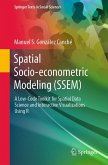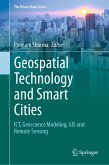The book starts with an introduction by the editors, providing an overview of traditional and emerging geospatial technologies and how they each can significantly contribute to urban health studies. Section 1 covers urban health risk and disease, and analyses the spatial and temporal patterns of selected urban health issues. Section 2 addresses urban health service access, and demonstrates how traditional and new geospatial technologies apply to different segments of urban populations facing varied challenges. Section 3 focuses on incorporating geospatial technologies in promoting healthy behaviours and lifestyles in urban settings. Section 4 assesses how geospatial technologies may be incorporated into urban health policies and management practices. Adopting a forward-looking perspective, these papers examine the various health challenges in urban systems, and explore how new and emerging geospatial technologies will need to develop to address these problems.
Dieser Download kann aus rechtlichen Gründen nur mit Rechnungsadresse in A, B, BG, CY, CZ, D, DK, EW, E, FIN, F, GR, HR, H, IRL, I, LT, L, LR, M, NL, PL, P, R, S, SLO, SK ausgeliefert werden.

